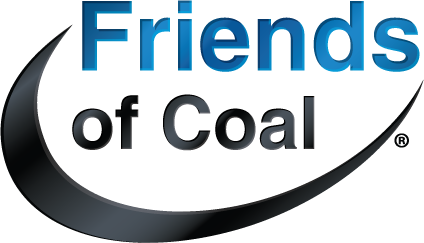- Details
- Richard Bajura, director, National Research Center for Coal and Energy
- Jerald Fletcher, professor, Div. of Resource Management and director, U.S. China Energy Center
- Tim Carr, Marshall Miller Professor, Dept. of Geology and Geography
- Elliot Kennel, research professor and John Zondlo, professor, Dept. of Chemical Engineering"
- Details
- Details
And,
- Details
"Summary
For sustainable and sound economic development there is a strong demand for extended clean power production, which is affordable by cost, utilising extended volumes of renewable biomass and continuously increased waste streams as well, and also offering high level of process safety with comprehensive long term management of residual process streams.
Among various available technologies for clean energy production, the Low Temperature Carbonisation (LTC) fuel pre-treatment technology is looking promising for future project implementations. The Low Temperature Carbonisation (LTC) technology is essentially a process for producing fuels – solid, liquid, and gaseous – from coal and other carbonaceous material, such as biomass and organic wastes. It is a value added technology, since it converts widely available low-grade fuels to high-grade fuels, while removing hazardous air pollutants, such as Sulphur, Chlorine and Mercury, which can be separately treated or recycled. Thus, produced Clean Coal can be utilised in power production, making LTC a complete and cost efficient revitalisation option. LTC is a preventive environmental protection technology that may utilise available domestic fuels and may contribute to compliance with environmental legislation in energy production. It is therefore consistent with both demands of an energy market operating under open market principles and sustainable environmental protection.
In the framework of this work-package an overview of Low Temperature Carbonisation (LTC) technology is attempted, including its present status, properties, yields and utilisation of LTC chars, a survey of competitive carbonisation methods, carbonisation conditions and their effect, and short assessment of advantages, economic and technological development of LTC"
- Details
We couldn't track down the original, but the following is excerpted text from a 2007 Penn State PR release:
"Penn State University has really been on a green roll these last few days, getting three stories featured on our site. One had to do with a novel way to extract hydrogen from water using nanotechnology and sunlight and the second had to do with using coal and papermaking waste to make a liquid fuel. This third story again has to do with coal-based liquid fuels. Instead of looking at paper mills as potential sources for products to add to coal, they are looking to existing fuel refineries. They believe that many different fuels, including jet fuel, gasoline substitutes and diesel substitutes, can be made from coal if you add the correct refinery by-products. Penn State researchers have been working on this idea for a while now, first focusing solely on jet fuel. But, they found that while making the jet fuel they also ended up with certain amounts of fuel oil, diesel fuel and gasoline as co-products.
The refinery by-products of coal tar, refinery solvent and decant oil are being mixed with coal in different fractions. Fuel-grade coke, which is a fuel used in the steel industry, has also been used. Penn State should be familiar with the steel industry being that Pennsylvania is known as the steel capital of the U.S. (and hence the Pittsburgh Steelers football team). No mention was made of the emissions of these various fuels, so we are not suggesting that these are green fuels in any way. In fact, they are almost assuredly not green in any way. None of that means that the fuels will not be used, of course. Hopefully, the nation and the world will be on to bigger and better things by then!
[Source: Penn State]"
Note especially the mention the mention of papermaking waste and oil refinery by-products as co-raw materials, with coal, for making liquid fuels - something we've earlier suggested would be possible.






